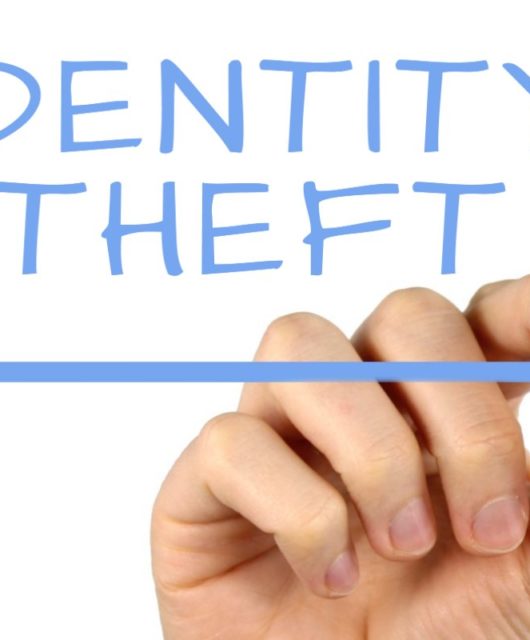How to Survive a Ransomware Attack

Whether you’re a small business owner, an employee of a corporation or a lone freelancer, protecting your work from cyber attacks is of the utmost importance. Hacks cost businesses and individuals millions of pounds every year, thanks to the development of ransomware, a particularly malicious type of malware. Even if you haven’t heard of ransomware, the chances are that you’re at risk of falling victim to it. Cyber criminals aren’t just targeting big corporations these days; they’re also taking aim at small to medium businesses that are more likely to pay up due to their lack of expertise. So what do you do if you are targeted by ransomware? Read on below to find out how to prevent and remove these highly advanced viruses.
What is Ransomware?
The key to surviving a ransomware attack is understanding what it is and how it works. In the simplest sense, ransomware is malware that is installed on your computer when you’re tricked into downloading a certain file or visiting an infected website. After that, it will restrict access to your data, often threatening to delete your files, until you pay the demanded ransom. Different ransomware programs take different approaches to this; some may lock your keyboard, others may cover your screen in ads or offensive images. They will also ask for varying amounts of money as a ransom, may ask for payment in Bitcoins, and may raise the price as time goes on.
The reason that ransomware has become so popular in recent years is due to the development of the encryption technologies, which allow hackers to encrypt a user’s files and only release them after payment, using a key that only they have. Of course, it is also possible that hackers will refuse to release files even after the ransom is paid, or that a virus will stay on the computer to track keyboard and mouse movements. For these reasons, paying the ransom is not necessarily the best response to this kind of attack. But how should you respond if you do fall victim to this kind of attack?
Surviving an Attack
Upon discovering that you have become a victim of ransomware, there are several things that you should certainly not do. The first thing to remember is not to panic and pay the ransom immediately, especially not before consulting an expert. Also, don’t try to remove the ransomware yourself, and don’t try to decrypt encrypted files. This could make things much worse, depending on the virus. It can be tempting to try and remove the malware without seeking advice first, but this could result in your data being deleted or the ransom being increased.
What you can do is disconnect your system from the internet, which will block the pipeline of potential communications back to the attackers, and stop them from using their malware to monitor your system. If you’re at work, shut down your computer, and alert your IT department as soon as possible. You can also contact local law authorities and organizations who may be able to help you. If you have backed up your data, you should reset your computer to its factory defaults, or even wipe it clean of all data, before restoring it securely. If you have not backed up your data, you may wish to contact a professional agency that specialises in removing malware.
Preventing an Attack
There are many ways that you can prevent a ransomware attack, many of which will help to prevent any kind of cyber attack. As the majority of such attacks are successful due to human errors such as opening phishing emails or clicking on malicious links, the best way to avoid being a victim of ransomware is to be vigilant with your internet usage. Installing effective anti-virus software on your computer will help with this, as will installing a pop-up blocker on all of your devices.
You can prevent an attack from having damaging consequences by backing up your data either online on using an external hard drive. This means that, if you do fall victim to ransomware, you don’t need to worry about paying a ransom to retrieve your data, or paying a professional to remove the malware. By taking these preventative measures, you can save yourself a lot of hassle, time and money, and protect your business in the meantime.









